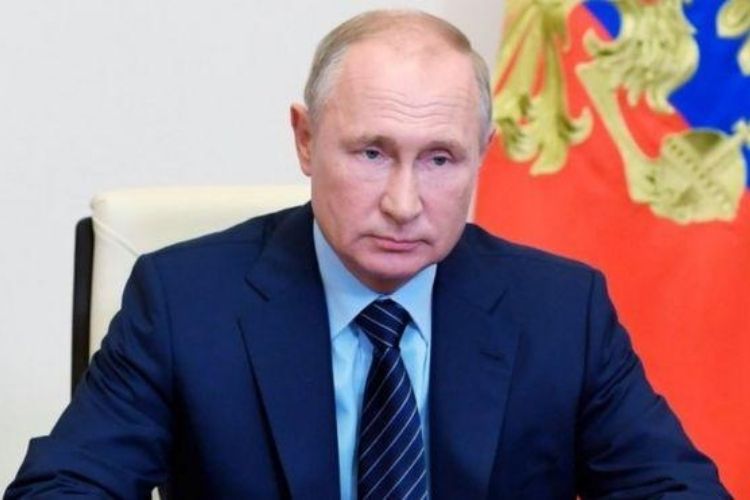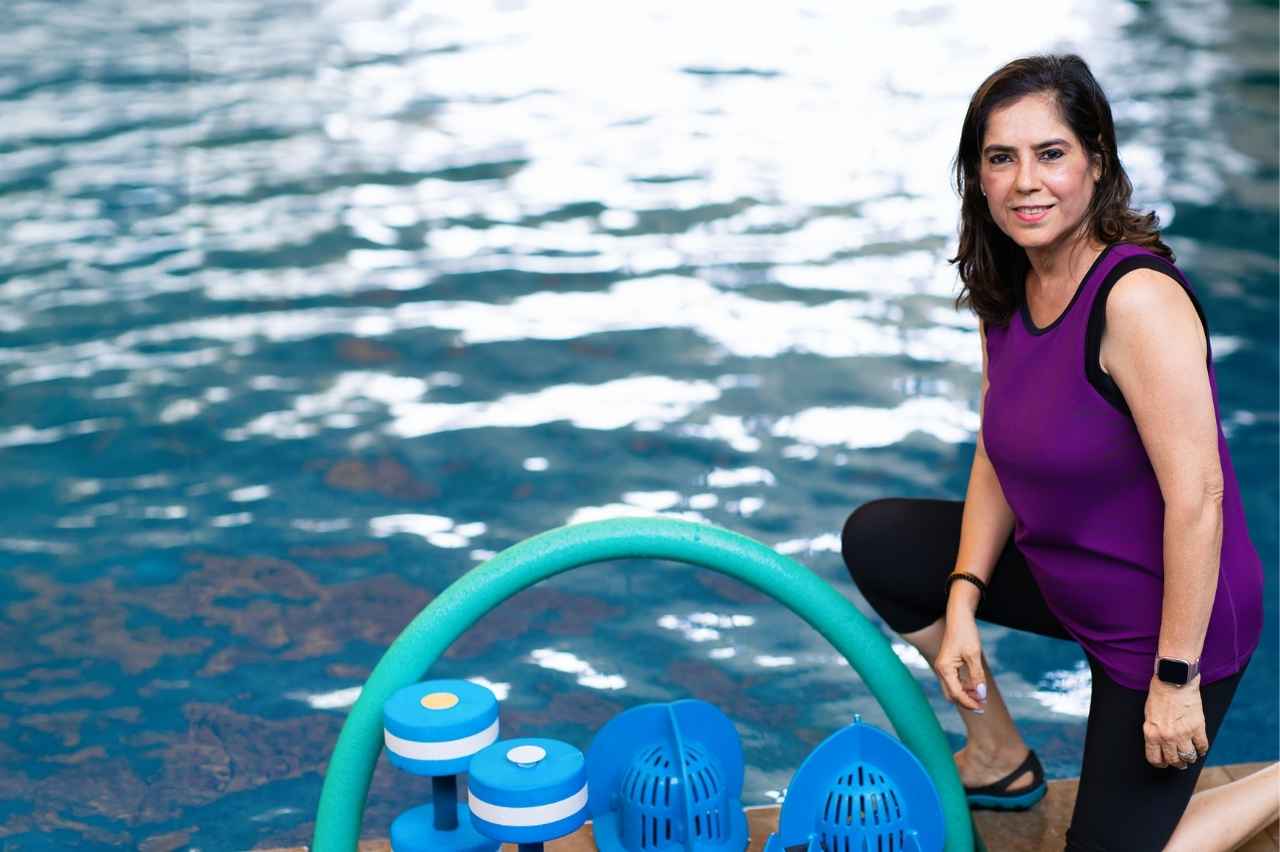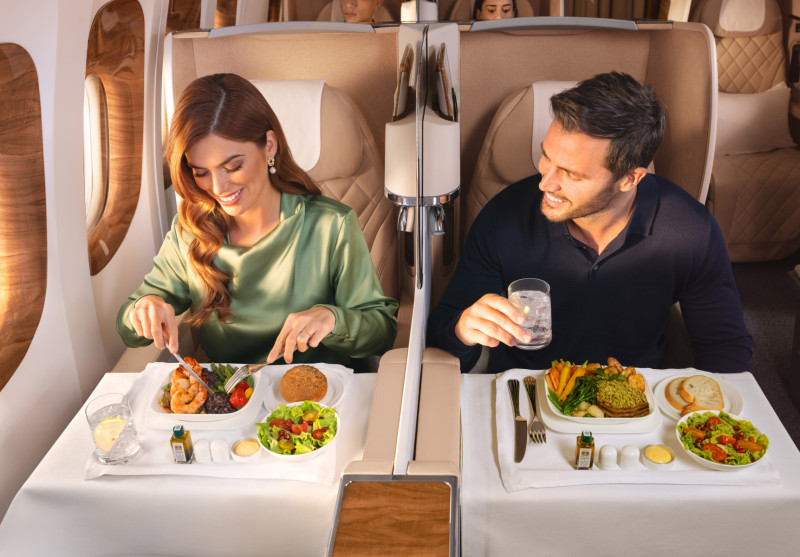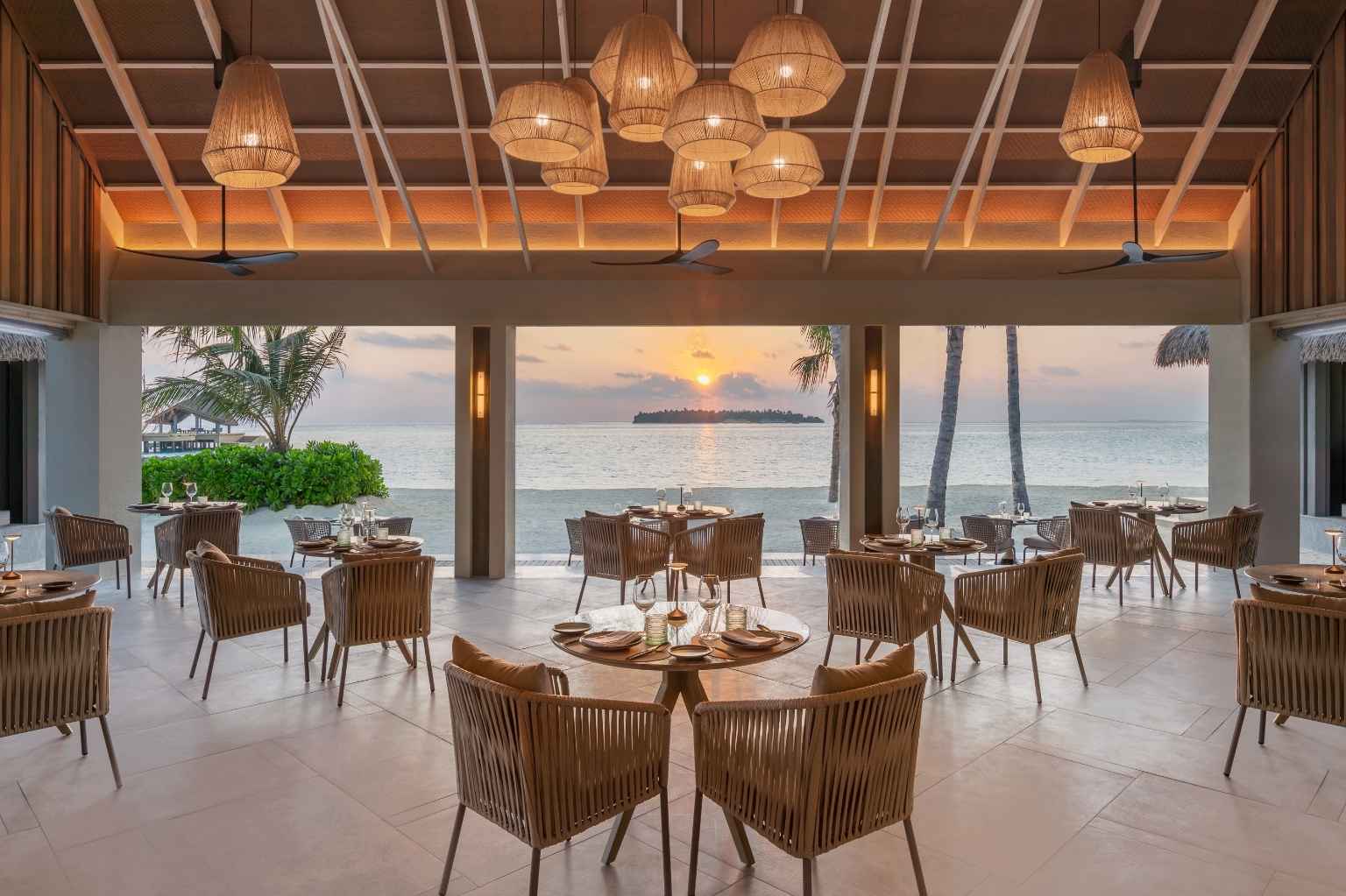Russia has approved a controversial COVID-19 vaccine for widespread use after less than two months of human testing. Russian President Vladimir Putin said the vaccine had passed all the required checks, revealing that his daughter has already been given it.
According to BBC News, experts have raised concerns about the speed of Russia’s work, suggesting that researchers might be cutting corners. Meanwhile, the World Health Organization (WHO) urged Russia last week to follow international guidelines for producing a vaccine against COVID-19.
BBC Reported that President Putin said the vaccine, developed by Moscow’s Gamaleya Institute, offered “sustainable immunity” against the coronavirus. Furthermore, Russian Health Minister Mikhail Murashko said the vaccine had “proven to be highly effective and safe”, hailing it as a big step towards “humankind’s victory” over COVID-19.
In the Maldives, the COVID-19 cases are predominantly based in the capital city of Male’. The population of the Maldives is 557,000, whereas this number includes an estimate of Maldives’ large resident population of undocumented expatriate workers. Over 227,000 live in the Greater Male’ Area alone. The population density in Male’ City is vastly higher than any of the other islands in the country. It is, therefore, important that the country’s COVID-19 risk status be assessed in light of this population density in the urban areas and the geographical dispersal of the cases in the country.
From April to July, the Maldives managed to contain cases within the first few weeks of the outbreak through swift and stringent measures. A gradual easing of measures was introduced in July to allow economic activity to resume. Similar to other countries, the easing of measures in Male’ has led to a rise in the number of cases, but strict inter-island travel restrictions remain in order to limit the spread of the virus to other islands.
Guesthouse tourism which was due to resume in August has also been delayed as an extra precaution. As a result of a resurgence in cases in Male’, additional restrictions have been implemented in the capital city and on travel from Male’ to other islands. Out of the remaining 188 inhabited islands, just 9 islands have active cases, with an average of one case in each of those islands. Presently, a select number of resorts and liveaboards are open for tourism.
Tourism is the backbone of the Maldives’ economy and accounts for a majority share of employment for the Maldivian labor force. The industry’s roots have spread to the very heart of the island homes of the Maldives. Tourism also contributes to over a quarter of the country’s GDP and is the source of over two-thirds of the country’s foreign currency income.








